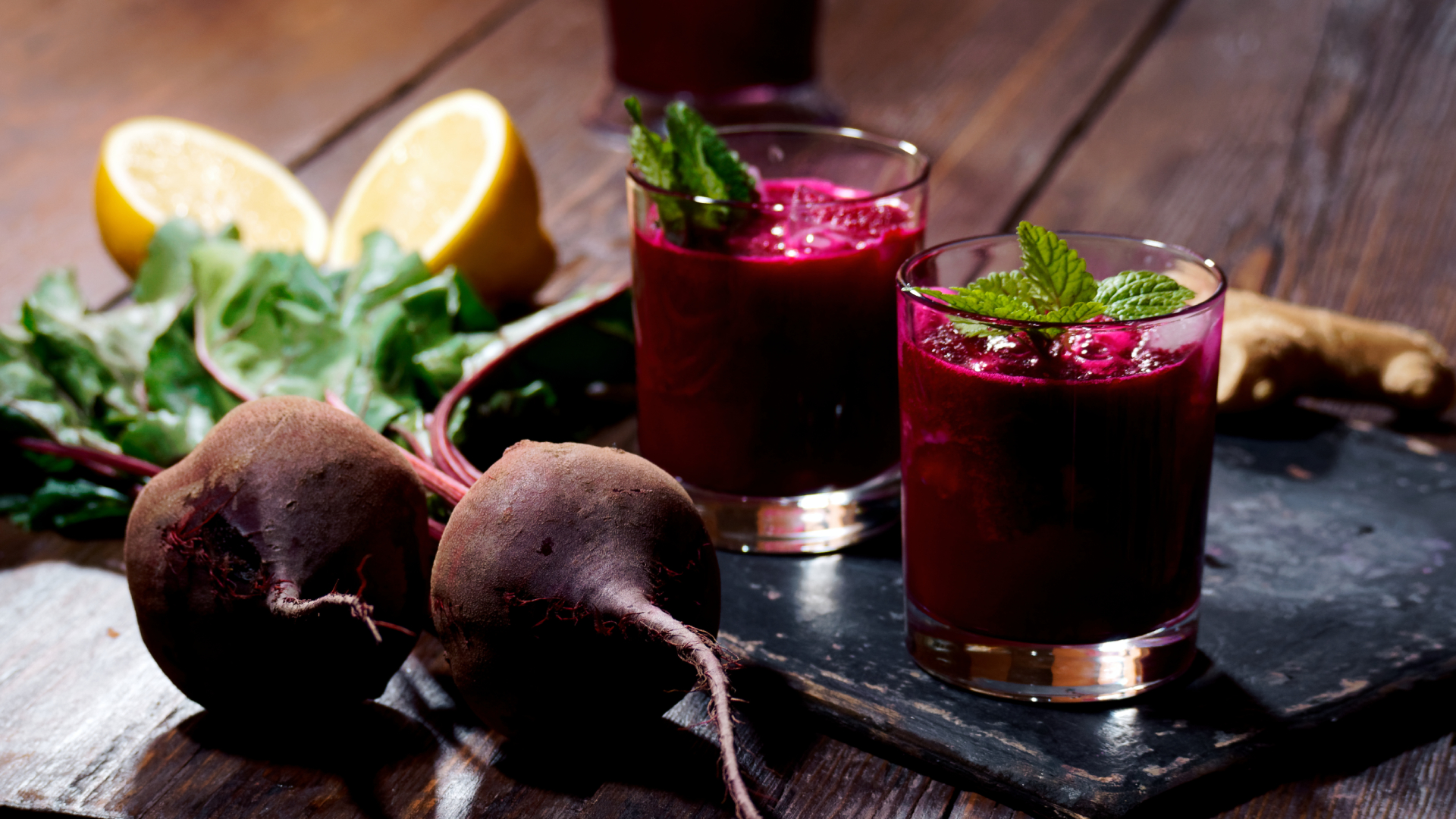Struggling on steep hills? New study finds dietary nitrate - as found in beetroots - helps to improve muscle torque
Already widely held as a ‘superfood’, could this be yet another string to the beetroot’s bow?


The latest race content, interviews, features, reviews and expert buying guides, direct to your inbox!
You are now subscribed
Your newsletter sign-up was successful
There’s a variety of so-called ‘superfoods’ which periodically do the rounds. Of those, beetroots seem to have a particular tendency to crop up with a certain regularity - that deep-purple, root vegetable has previously been associated with an increased oxygen uptake by the muscles and blood pressure attenuation.
Even so, new ground is still being broken: a new study by a team from the University of Exeter, UK has shown - “for the first time” - that “skeletal muscle rapidly takes up dietary NO₃ ⁻ … [and is] associated with enhanced torque production during maximal intermittent muscle contractions.”
That is quite a mouthful, so let’s unpack it a bit. The idea is that by incorporating more nitrate into your diet, the amount of nitric oxide available to your body increases proportionately. Now, having more nitric oxide available to your body is associated with enhanced exercise performance (although we won’t get into the exact mechanism just here).
Tying that all together, we have the fact that beetroots are a good source of nitrate (other sources of nitrate are available…) and, extrapolating from the results of this study, should therefore provide a boost to your physical performance.
Or more specifically, dietary nitrate was associated with a “7 per cent greater … mean muscle torque production” - which is a sentence which itself could do with some unpacking.
With the ever increasing ubiquity of the best power meters, most cyclists are comfortable with quantifying their performance in watts, but that unit is just torque multiplied by cycling cadence.
To increase your watts (power), you can either press harder on the pedals (torque) or turn the pedals faster (cadence) - or, of course, you could do both at the same time. But although an increase in torque equates to an increase in power (assuming cadence is held the same), there are situations - such as steep hills - where more torque specifically is required to hold yourself at a constant speed.
The latest race content, interviews, features, reviews and expert buying guides, direct to your inbox!
So, that’s a (very brief) explanation of torque and how it applies in the context of cycling. But let’s get back to the fundamentals and, similarly briefly, cover how the study was actually conducted.
First off, the test was randomised and placebo controlled. The ten healthy volunteers would consume the potassium nitrate solution or the placebo potassium chloride solution and would perform 60 “maximal intermittent contractions of the knee extensors” and samples of the participants’ “muscle, plasma, saliva and urine” were taken to be analysed.
The finding was that muscle nitrate (NO₃ ⁻ specifically) saw a four-fold increase after the active dose was consumed and “mean muscle torque production was ~7 per cent greater”, relative to the placebo. It’s worth highlighting that a sample size of ten is quite small, so we’ll be keeping an eye out for subsequent studies and whether these results do get repeated.
For now, though, that’s potentially one more extra string to the bow of beetroots - and leafy green veg more generally - as a useful supplement for cyclists.

I’ve been hooked on bikes ever since the age of 12 and my first lap of the Hillingdon Cycle Circuit in the bright yellow kit of the Hillingdon Slipstreamers. For a time, my cycling life centred around racing road and track.
But that’s since broadened to include multiday two-wheeled, one-sleeping-bag adventures over whatever terrain I happen to meet - with a two-week bikepacking trip from Budapest into the mountains of Slovakia being just the latest.
I still enjoy lining up on a start line, though, racing the British Gravel Championships and finding myself on the podium at the enduro-style gravel event, Gritfest in 2022.
Height: 177cm
Weight: 60–63kg